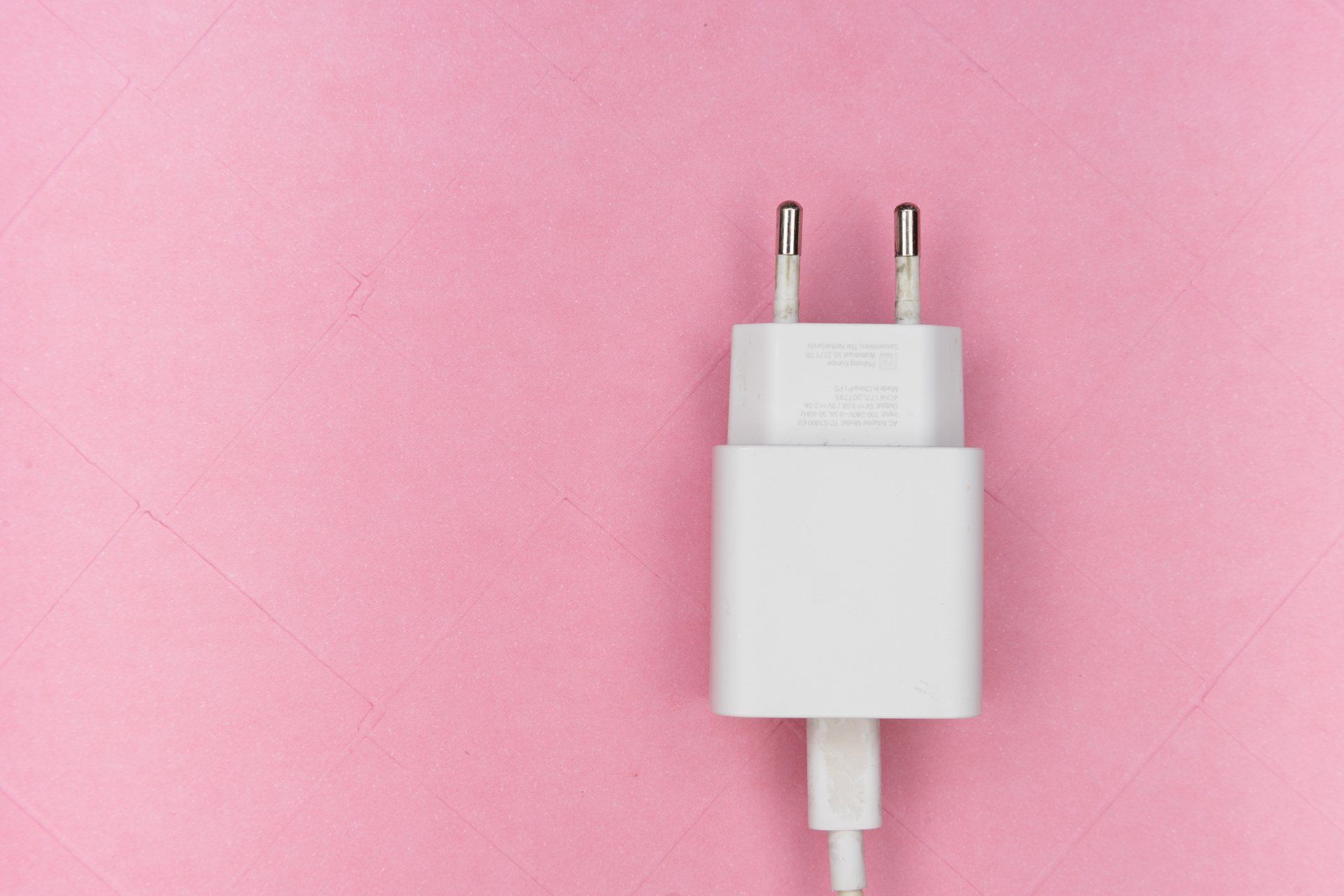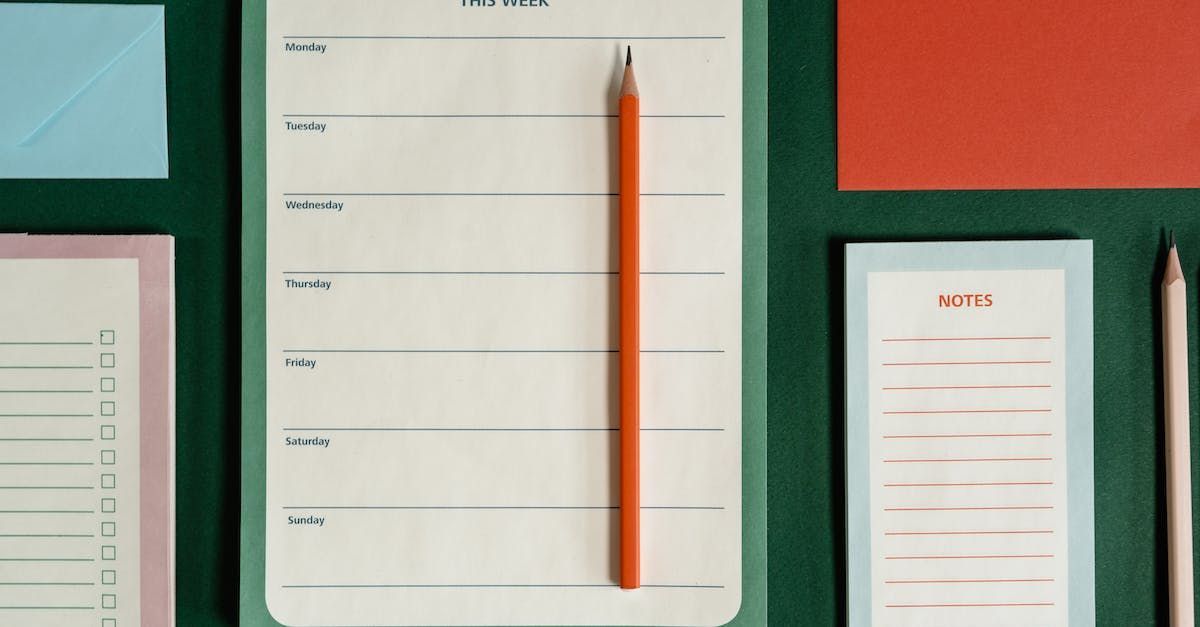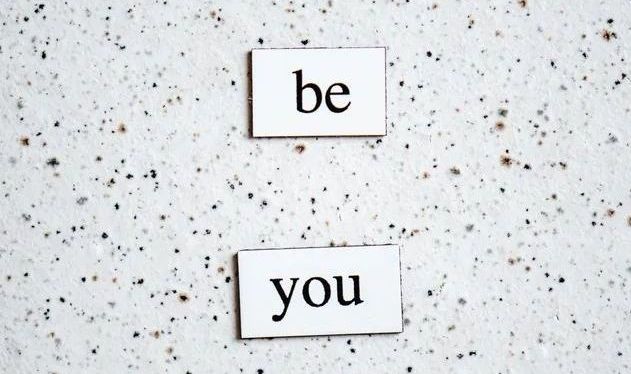Why Introverts Need a Recharge Strategy

Most people assume introverts are shy and extroverts are outgoing, but this isn’t what defines introverts and extroverts. What really sets introverts and extroverts apart is how their energy levels work.
It's a sliding scale, so the degree of how extroverted or introverted you are will vary. If you feel energised in lively social settings and being around others, there's a good chance you're on the more extroverted side of the scale. If you find these situations draining and need time alone to recover, you're probably more on the introverted side.
In a YouGov Friendship study, around half of the respondents identified as introverted. Despite our numbers (yes, I'm an introvert), it can sometimes feel like we have to conform to an extrovert-shaped world. As a result, it can leave us feeling drained.
Why do introverts and extroverts manage energy differently? Why is quiet time essential for introverts, and how can we build a recharge strategy into our hectic lives?
Dopamine Differences
Studies show introverts and extroverts have different brain chemistry. Let’s take one example: dopamine. Dopamine is the chemical released when we experience something that makes us feel good. It motivates us to seek the same reward again.
Extroverts have more dopamine receptors than introverts. Extroverts thrive on situations that reward them with that dopamine fix. Think of your extroverted friend at a party, surrounded by a circle of strangers. She's in her element, sharing stories like she's known them forever. A socially stimulating environment is just the thing to boost her dopamine levels.
Introverts have fewer dopamine receptors and are more sensitive to its effects. Too much social stimulation can become overwhelming. If you're an introvert at the party, you might recognise the point when you've used all your social energy and need to get out of there, like now!
The Nervous System
Components in the nervous system include the sympathetic nervous system (SNS) and the parasympathetic nervous system (PNS).
The SNS activates the flight or fight mechanism during intense or stressful situations when you need to be on high alert. The PNS, known as the rest and digest, helps slow things down.
Extroverts can thrive in adrenaline-filled moments when the SNS kicks in. But introverts are much more at home when the PNS is in control.

We've Lost the Power Down Button
Do you feel like you're constantly on and never get a chance to switch off? Most of us will need to put ourselves in social, work or group situations requiring high levels of interaction. Social energy conservation plays a crucial part in managing introvert fatigue.
After a long day at work, it's a lovely feeling walking through your front door into the sanctuary of your home. The trouble is, with email and social media, we don't fully power down.
After a day of meetings, you're looking forward to conversation-free time to yourself, and then the ping of notifications on the WhatsApp group starts. Your heart sinks, and you're drawn into replying, even though your mind barely has the energy to string a sentence together.
It's not that you don't love your friends and family or you're uninterested in what's happening in their lives. But your introvert's mind is crying out for an hour or two of solitude so you're ready to engage with them in the way they deserve.
Introversion Is Not a Weakness
Have you ever been told you need to be more extroverted? Perhaps you wish you could be more like your social butterfly sister, who finds it easy to talk to anyone. It might have even held you back in your career.
Introversion is sometimes negatively viewed. Well-meaning extroverts may try to take introverts under their wing. Try to fix them by coaxing them out of their shell. But introverts don't need fixing.
Introverts have so much to bring to the table. They are deep thinkers and creative. They are diligent and focused.
Everyone needs human connection, and introverts are no exception. They may have a smaller social circle but will make meaningful connections with those they bond with.
Some introverts may be shy. Others handle social interactions easily, and you'd never know they were an introvert. But they need some alone time afterwards.
The world needs introverts, extroverts and all those in between. We all need to include activities to restore our wellbeing. It can be trickier for introverts when life is so busy and full of interaction. But that's why building recharging tactics into your day is essential if you're an introvert.
Here are some suggestions to get you thinking:
Take Breaks
It's not always easy if you work in a busy environment all day, but finding a few minutes of mindful solitude can make a difference, even if it’s closing your eyes and taking a few slow breaths during a loo break. Get out at lunchtime for a walk or find a quiet space for an energy boost.
Cancel the Noise
Loud open-plan offices can be overstimulating for introverts. Invest in some noise-cancelling headphones or earbuds to help you concentrate. These are also great if you travel by public transport. Listen to something that allows you to relax or concentrate.

Block Out Time
When you’re distracted at work by various requests and queries, you use a lot more energy than if you're focusing on one thing. With all that introverted deep thinking, you may also need longer to switch from one train of thought to another.
Block out meeting time in your calendar for undistracted focus sessions. Maybe even book a meeting room to shut yourself away if you can. It will ease the mental load, and you'll be more productive.
Manage Social Events
Don't overload your calendar with evening and weekend activities. If you know you're in for a busy work week, keep your weekend plans to a minimum.
It's not always easy if you have a partner who loves making social plans each weekend when you'd rather have a quiet one at home. Talk with your partner and work out a compromise. Perhaps you can alternate choosing what you do each weekend. It might mean you take more recharge time during the week when you have a hectic weekend planned.
Start a Meditation Routine
Even five minutes of focusing on your breathing or using a guided meditation can help.
Create some meditation time by getting up a little earlier before anyone else. You can start your morning quietly and calmly before the rush of the day kicks in. Alternatively, build time into your evening routine to unwind before bedtime.

Replenish in Nature
Whether it’s a short lunchtime stroll in the park or a forest bathing-style amble through the woods, nature can help restore a frazzled mind.
Use the outside space around you, and allow nature to perform its restorative magic.
Nurture Your Interests
You know what helps you to relax and recharge. Make time in your schedule for your interests, whether you enjoy reading, jogging or something creative.
Blocking out time in your calendar doesn't just have to be for work. Don’t feel guilty for taking this time. Self-care is essential for avoiding burnout.
Snack Sensibly
When you hit a mid-morning slump, a bar of chocolate is a tempting option. Instead, choose snacks that provide sustained energy rather than the quick sugar high you'll crash from.
Fill your diet with foods containing protein, healthy fats and complex carbohydrates that will help to keep your energy levels steady during the day.
Digital Detox
Make your downtime count by putting your phone on silent or flight mode. Limit your time on social media and give yourself a cut-off point in the evening when you stop using electronic devices.
It's good practice for introverts and extroverts alike, as the blue light emitted from electronic devices can interfere with sleep.
Set Boundaries and Communicate Them
If you want to carve out quiet time for yourself, it’s down to you to set the boundaries to achieve this. But setting boundaries is no use unless you communicate them to others.
If you want ten minutes daily to meditate, ask those you live with not to disturb you during this time. To stop feeling obliged to join in late-night WhatsApp conversations, tell your friends and family that you're not contactable after 9 p.m. (unless in an emergency).
You might feel awkward about setting new boundaries when everyone is used to your availability. But if you explain the reasons behind it, they are more likely to understand or at least accept the idea. They might see that you're on to something and think about their own boundaries.

Be Unapologetically You
We all need energy to function, and our levels are not limitless. The way we renew our energy is different for everyone.
Introverts often need to adapt to environments more suitable for extroverts. It's crucial to find time to recharge our depleted energy resources. Without it, we’ll burn out.
What your recharge strategy looks like will depend on you. It could be identifying micro-moments during the day when you take a breather. You may need to overhaul your calendar. It may involve setting and communicating boundaries.
Do whatever you need to give yourself the downtime you need. Don't apologise for your introverted nature. There are many of us out there, and we have so much to offer.
Thanks for reading. I’m a freelance content writer intent on sharing knowledge to help us work and live better. If you’re a business looking to create wellbeing content, please get in touch.
You can also find more of my stories on Medium.









